The second edition of the Visegrad Environmental Philosophy Summer School (VEPSS) took place from 1 to 7 June 2025 at the Institute of Philosophy of the University of Wrocław, Poland. This summer school was co-organized by the Institute of Philosophy (University of Wrocław) and the Center for Environmental and Technology Ethics–Prague (CETE-P), based at the Czech Academy of Sciences. Partner institutions included the University of Pardubice, Charles University and the Slovak Academy of Sciences.
The 2025 edition welcomed 47 participants from 24 institutions across Europe, including universities from Austria, the Netherlands, Norway, Spain, the UK, and several Central and Eastern European countries (University of Pardubice, University of Vienna, Masaryk University, Charles University and University of Wrocław).
This year’s overarching theme was water, explored through a variety of moral, political, emotional, linguistic, and aesthetic lenses. The academic program included lectures, workshops, and seminars on topics such as ecofeminism, geoethics, biomimicry, climate fiction, environmental citizenship, and posthumanist approaches to river management. Sessions examined concepts like compassion toward non-human beings, the aesthetics of disaster, the emotional significance of hope, and how language emerges from our environment.
The summer school featured two core seminar series. Benjamin Hale (University of Colorado) led a three-part class entitled "Indeterminacy and Outcome in Environmental Interventions", focusing on uncertainty in environmental action and responsibility. Nicole Seymour (California State University, Fullerton) delivered another three-part series, "High and Dry: Climate Fictions of Flooding and Droughts", analyzing speculative and literary narratives related to water crises. In addition to these key sessions, twelve guest speakers presented their research across various afternoon panels.
Among them were Karel Stibral (Masaryk University), Leonie Bossert (University of Vienna), Anna Mravcová (Slovak Academy of Sciences), Ondřej Beran, Antony Fredriksson, and David Rosen (all from University of Pardubice), Marianna Szczygielska (Czech Academy of Sciences), Anna Barcz (Polish Academy of Sciences), Özge Yaka (Freie Universität Berlin), Vojtěch Svěrák and Julita Skotarska (CETE-P / Charles University), Friderike Spang (CETE-P), and Maria Cristina Vendra (Jan Evangelista Purkyně University).
The week also included several dynamic and immersive activities. On Tuesday evening, a poster session was held during a shared pizza dinner, allowing students to present their individual research projects in an informal and engaging setting. On Wednesday, participants embarked on a three-hour river cruise along the Oder River to explore the environmental challenges faced by the city of Wrocław, which is highly vulnerable to climate-related catastrophes. The cruise included a lecture by Piotr Laska, head of the crisis management team during the September 2024 flood in Wrocław. On Thursday, the group visited the nearby town of Bardo, an area affected by past flooding. Participants engaged in two different hiking routes, followed by reflective discussions on the multisensory dimensions of environmental experience and vulnerability.
The final day was dedicated to group projects, which participants had been working on throughout the week. They were tasked with developing arguments around a bill proposing to grant legal personhood to a river. (It is an actual civic legislative proposal that garnered necessary support and has been submitted to the Polish parliament, concerning Odra river.) Divided into stakeholder groups - citizens, business representatives, government officials, and the river itself — participants presented their perspectives in creative, often performative ways. This session highlighted the students' ability to synthesize philosophical reflection with practical and imaginative approaches.
Overall, the 2025 VEPSS offered an intellectually rich, emotionally engaging, and socially vibrant platform for reflection on environmental issues through the lens of water. The combination of rigorous academic content, outdoor activities, and collaborative exchanges made it a unique and memorable experience for all involved.
The event was supported by the Erasmus+ Blended Intensive Programme (BIP) and co-financed by the governments of Czechia, Hungary, Poland, and Slovakia through the International Visegrad Fund, which aims to foster sustainable regional cooperation in Central Europe.
Photo: Benjamin Slater Hale
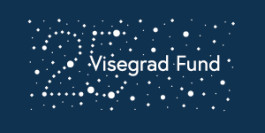
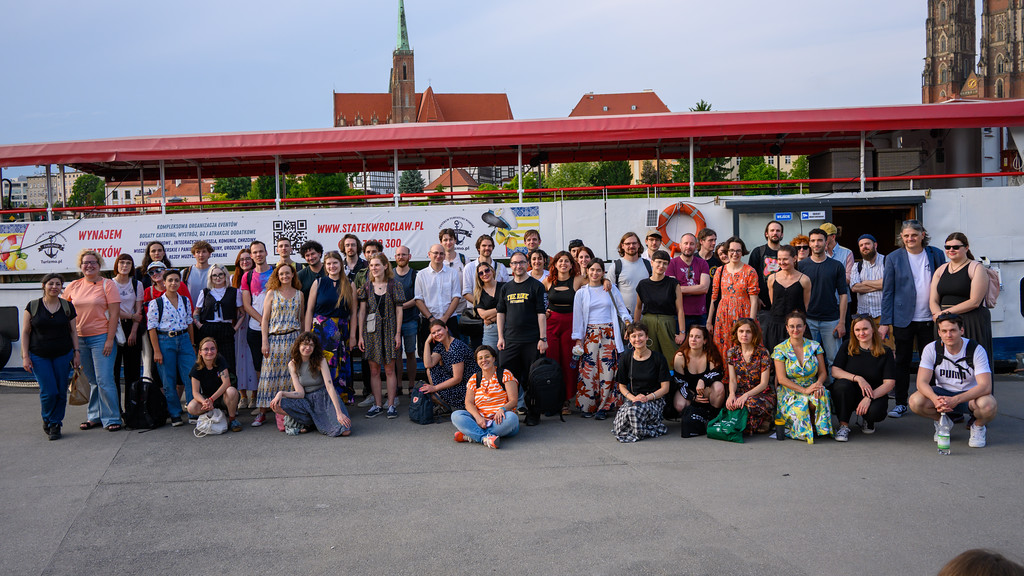
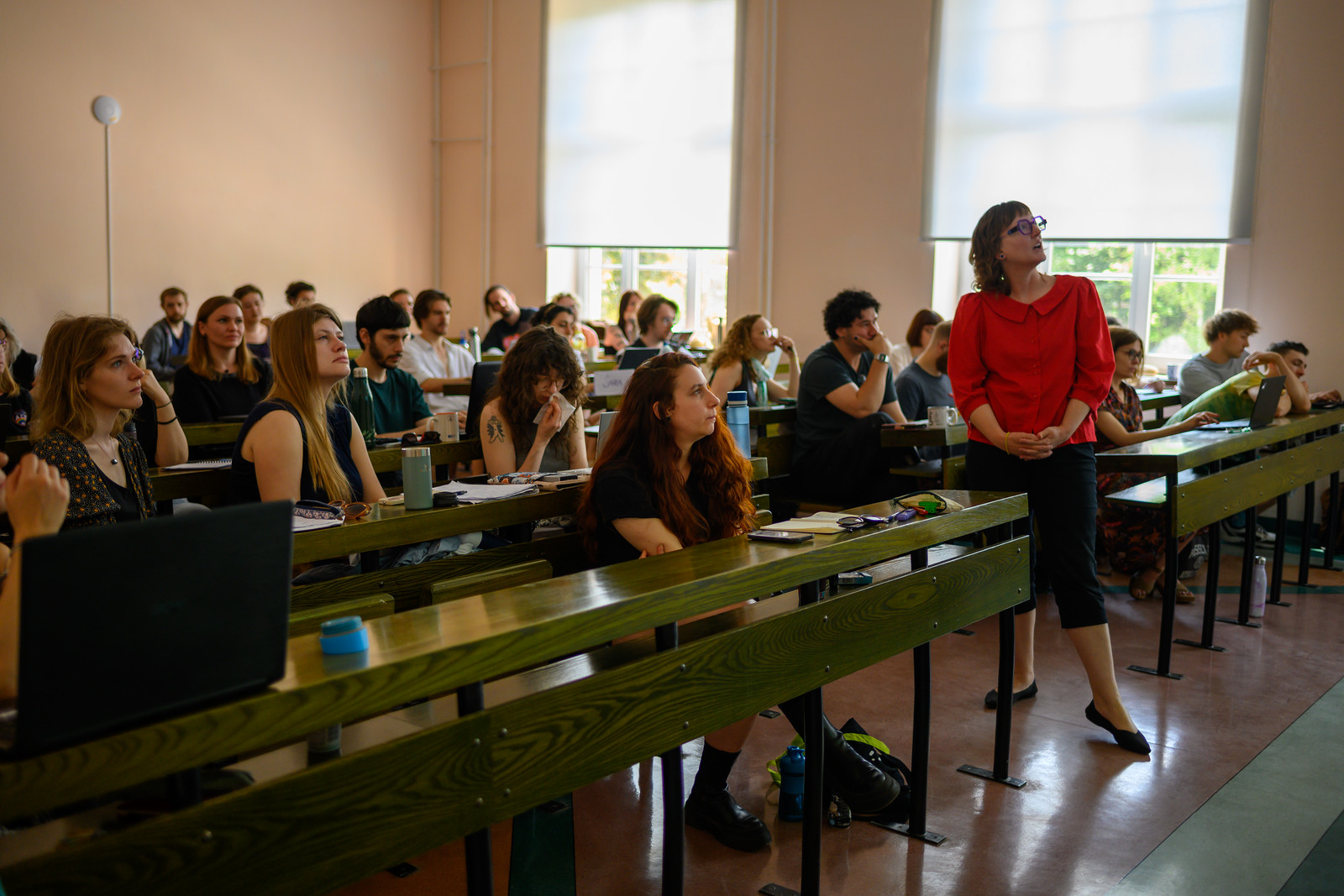
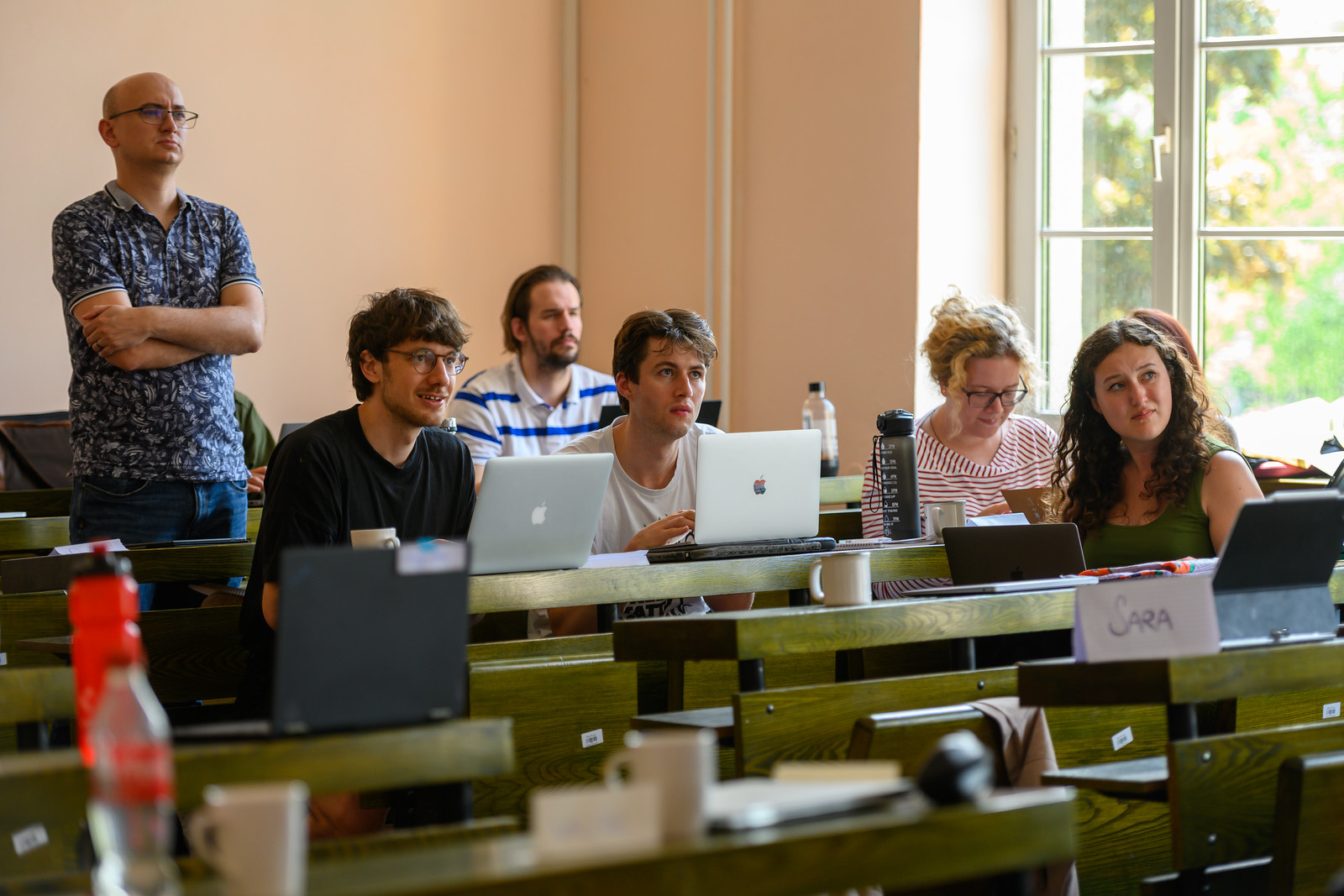
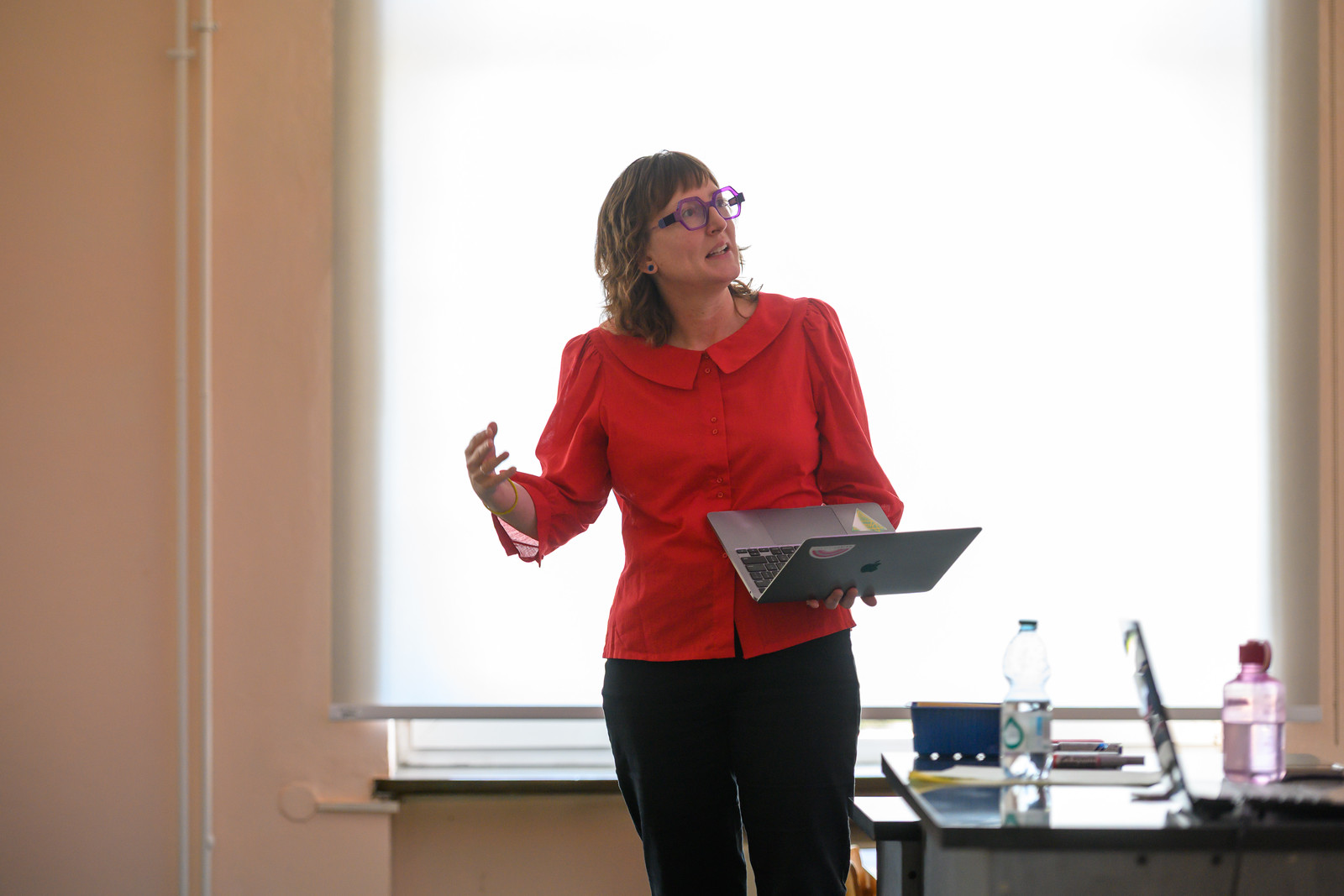
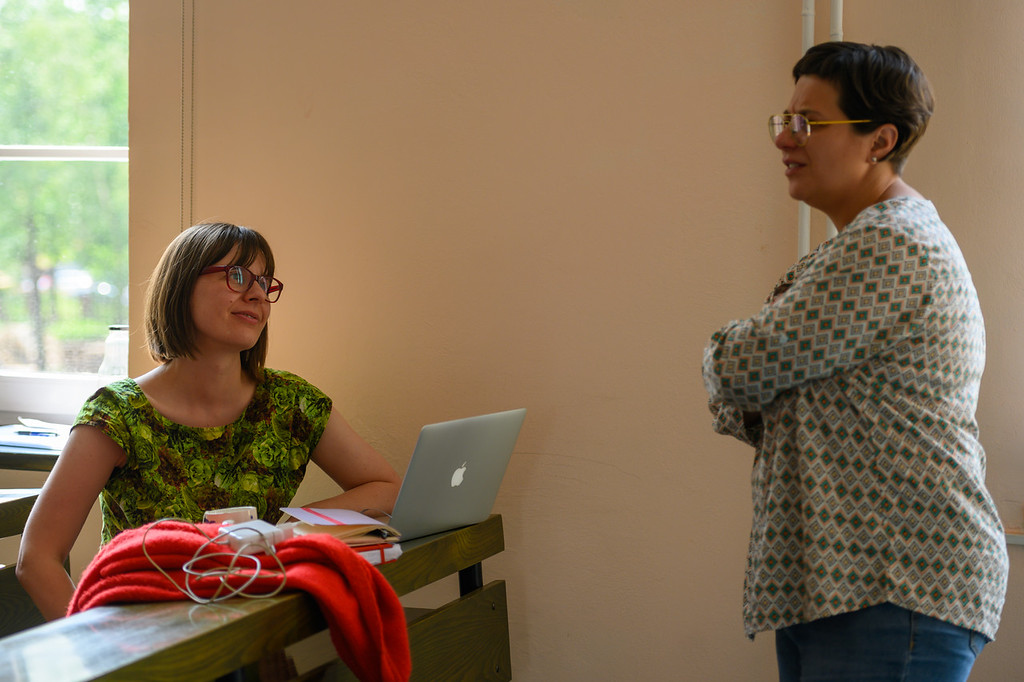
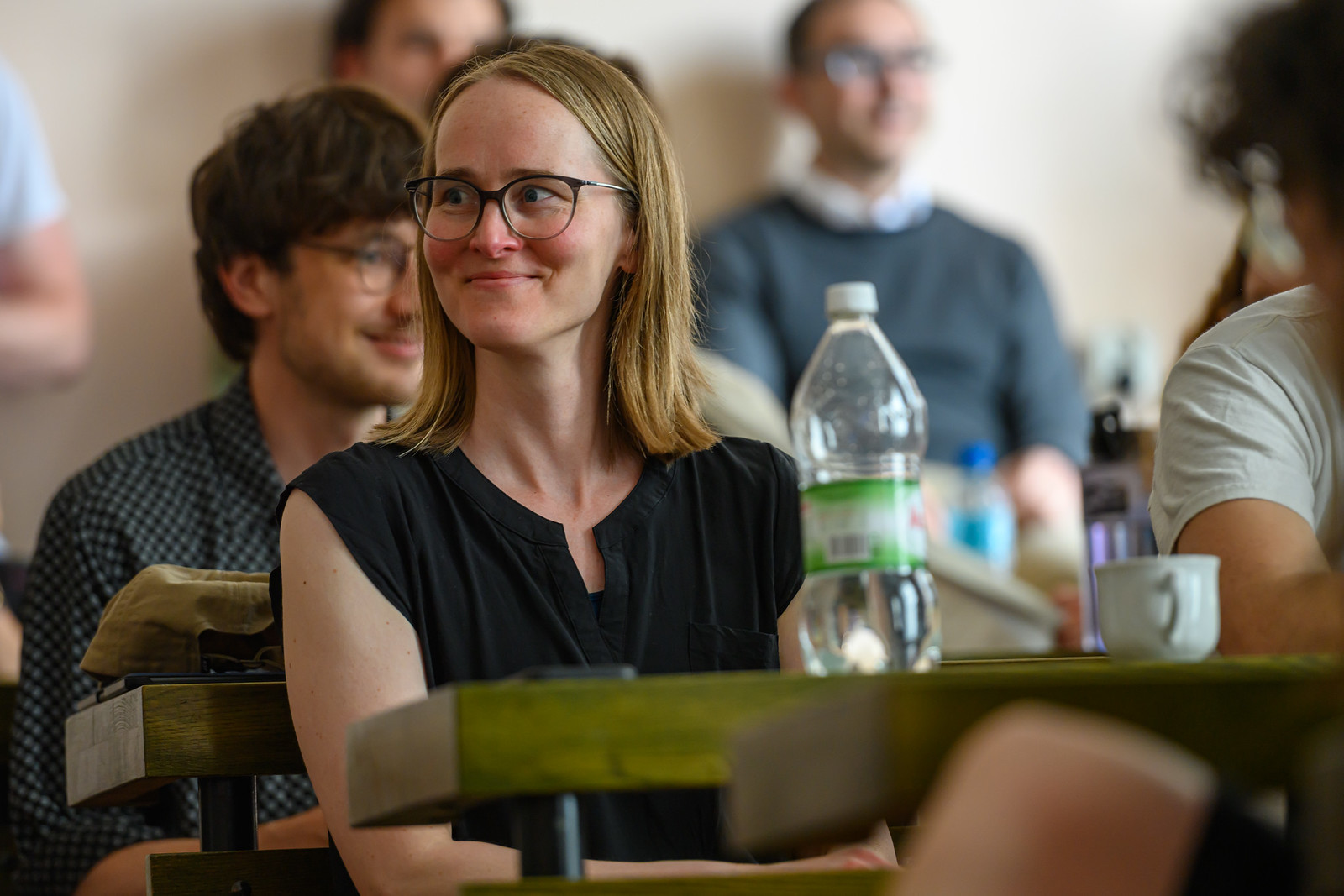
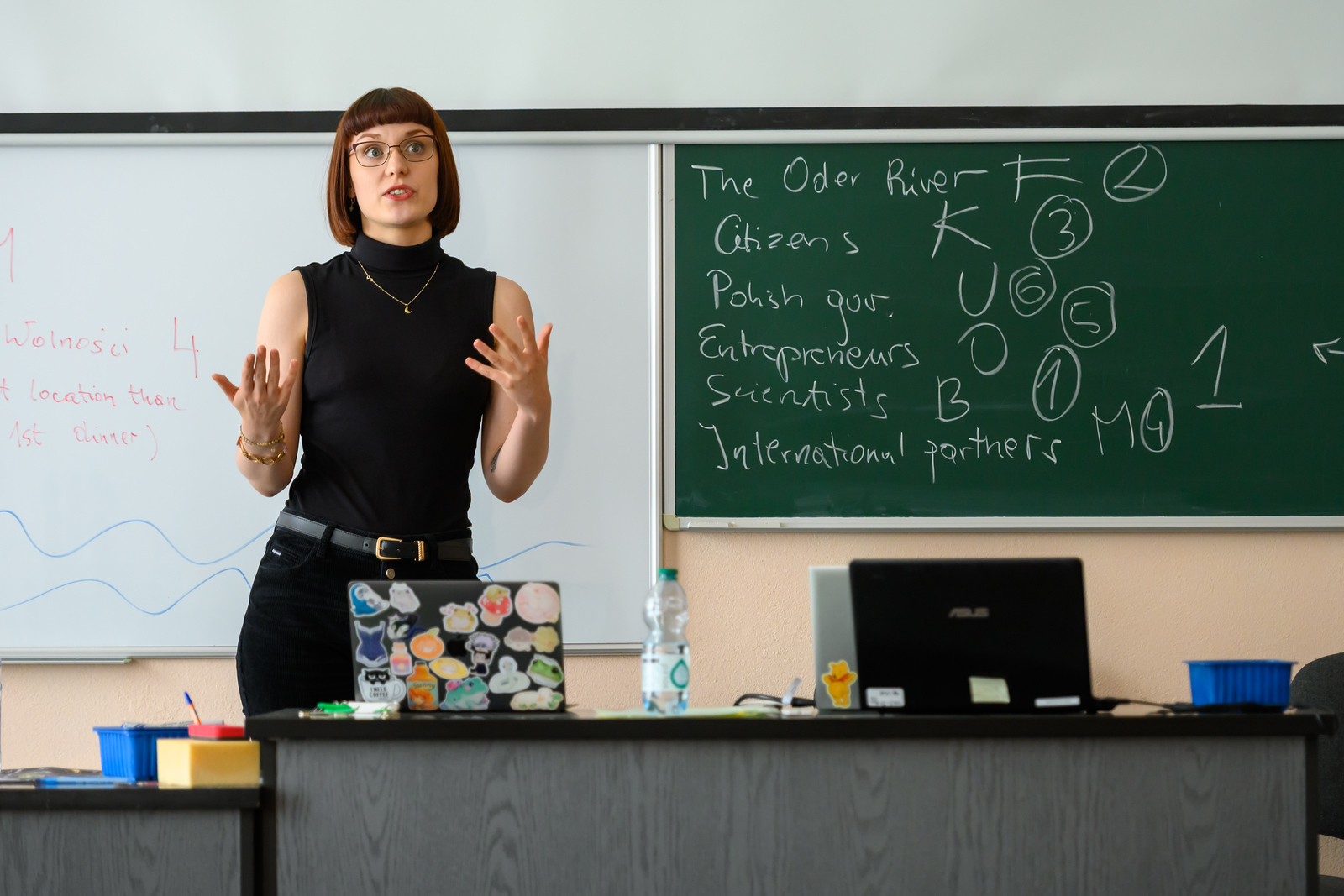
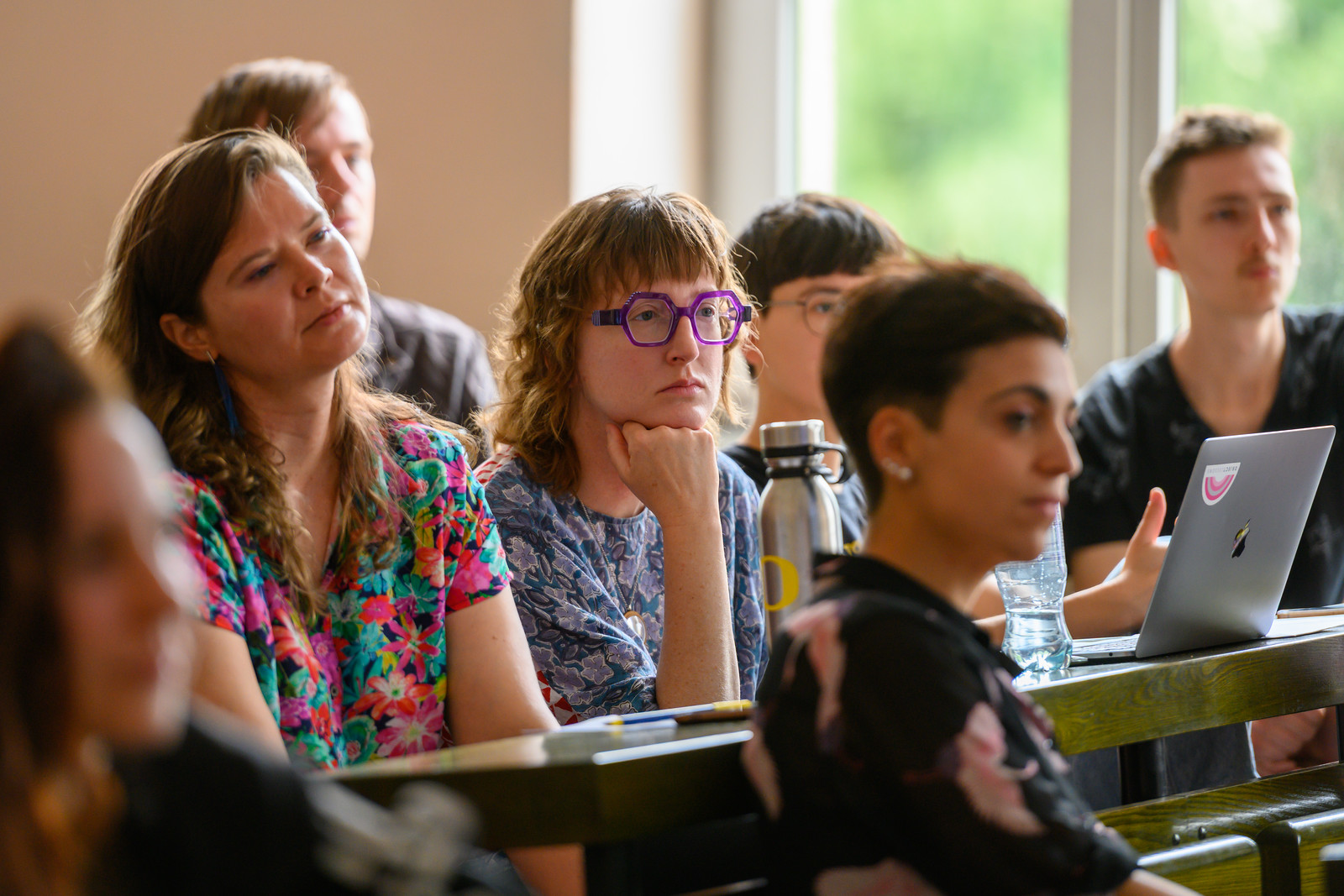
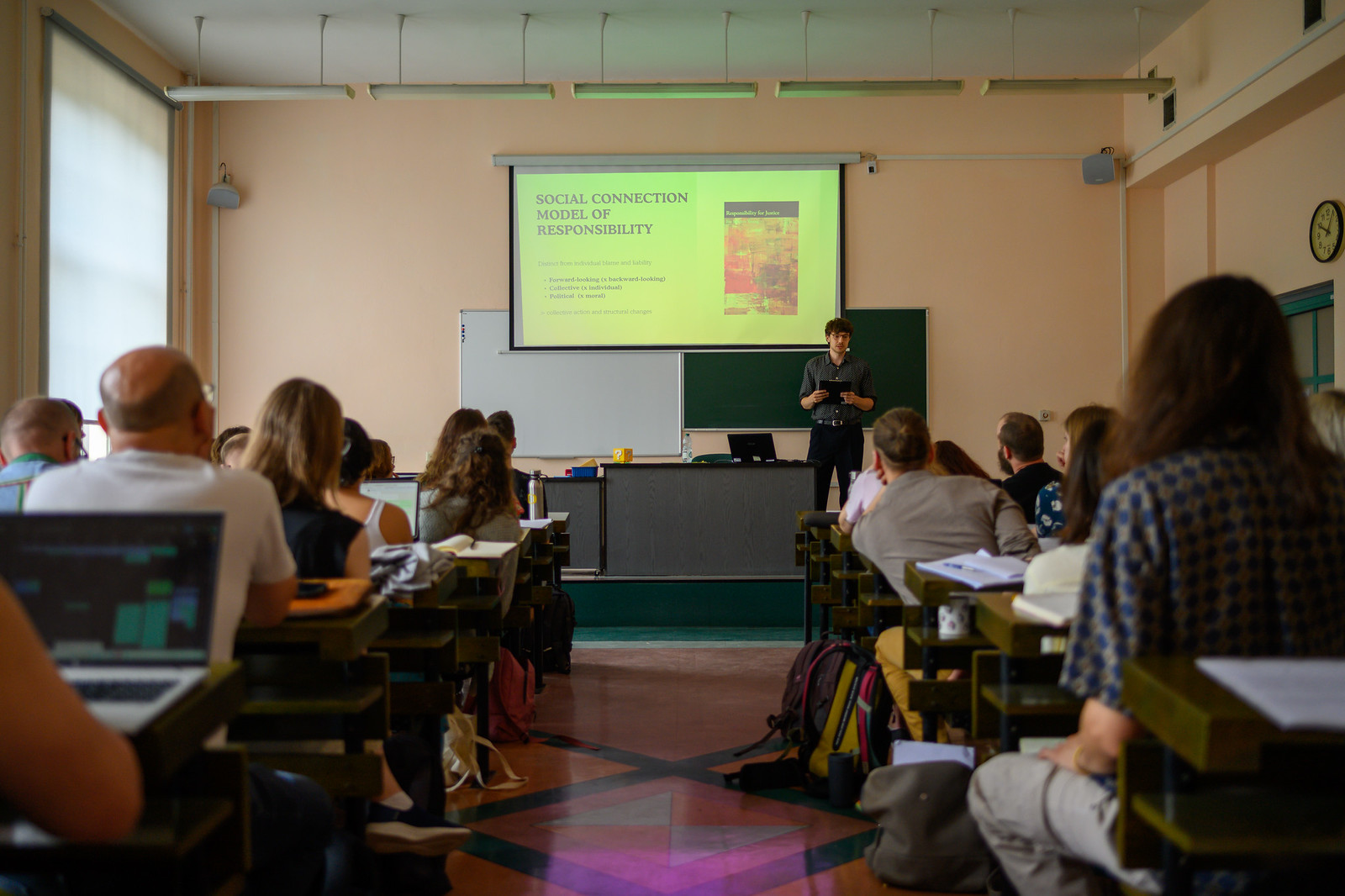
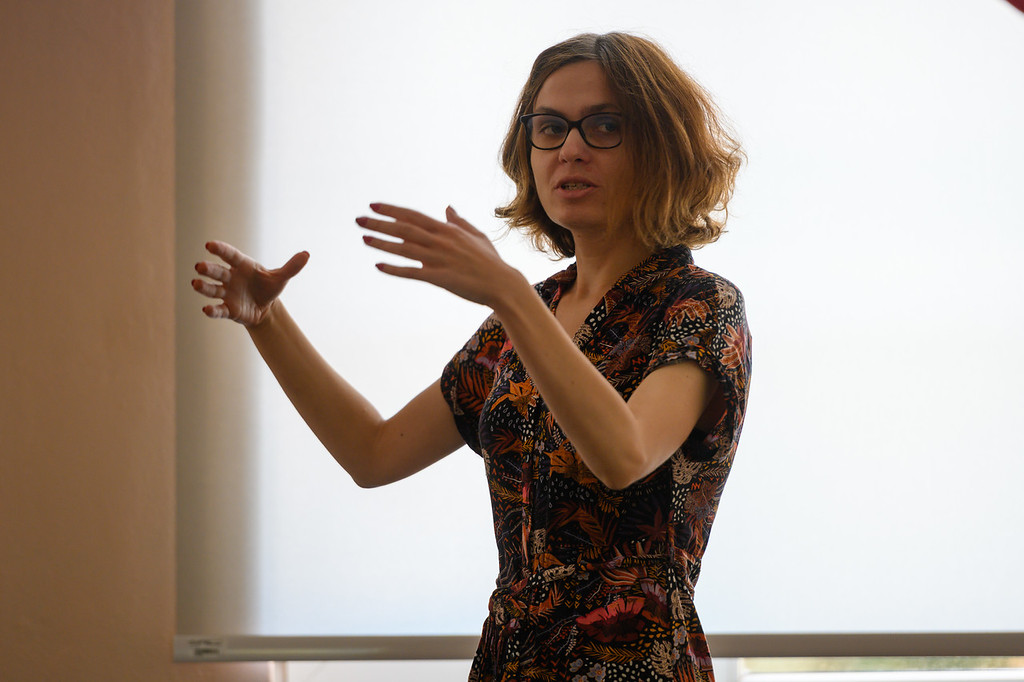
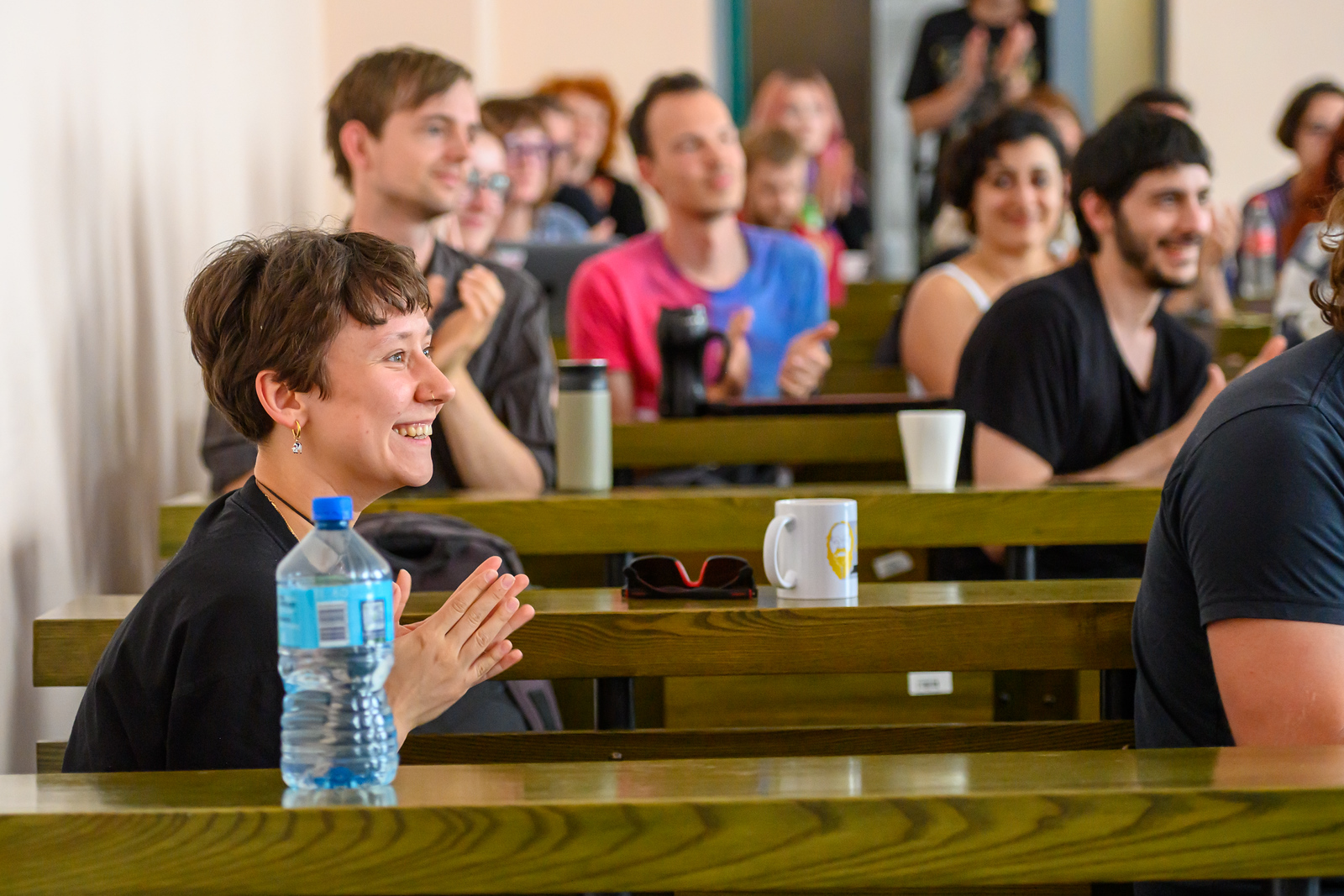
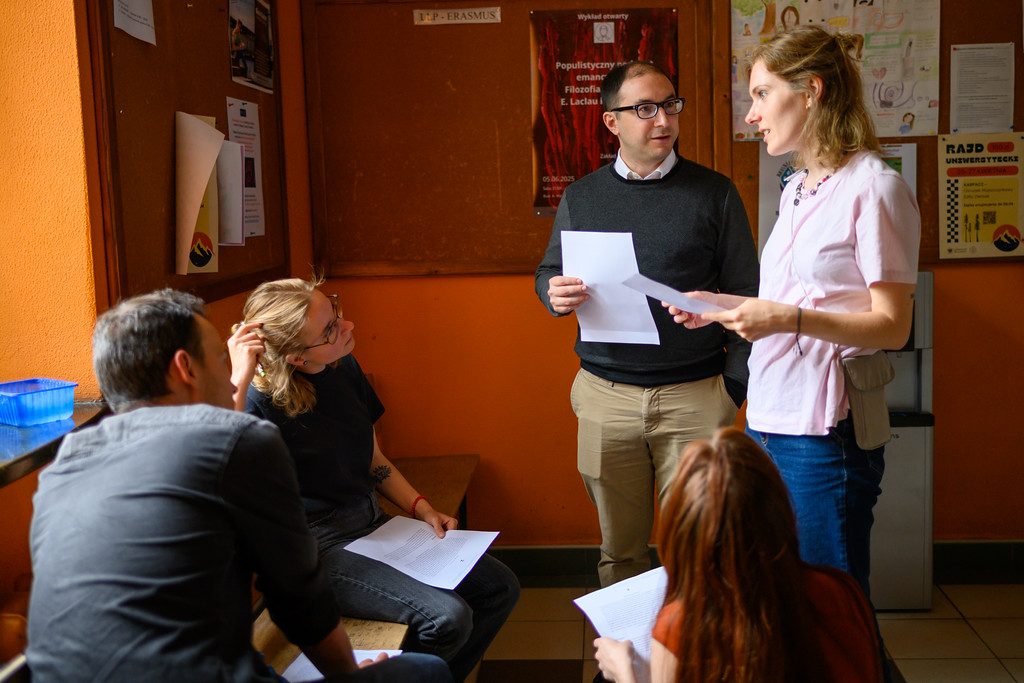
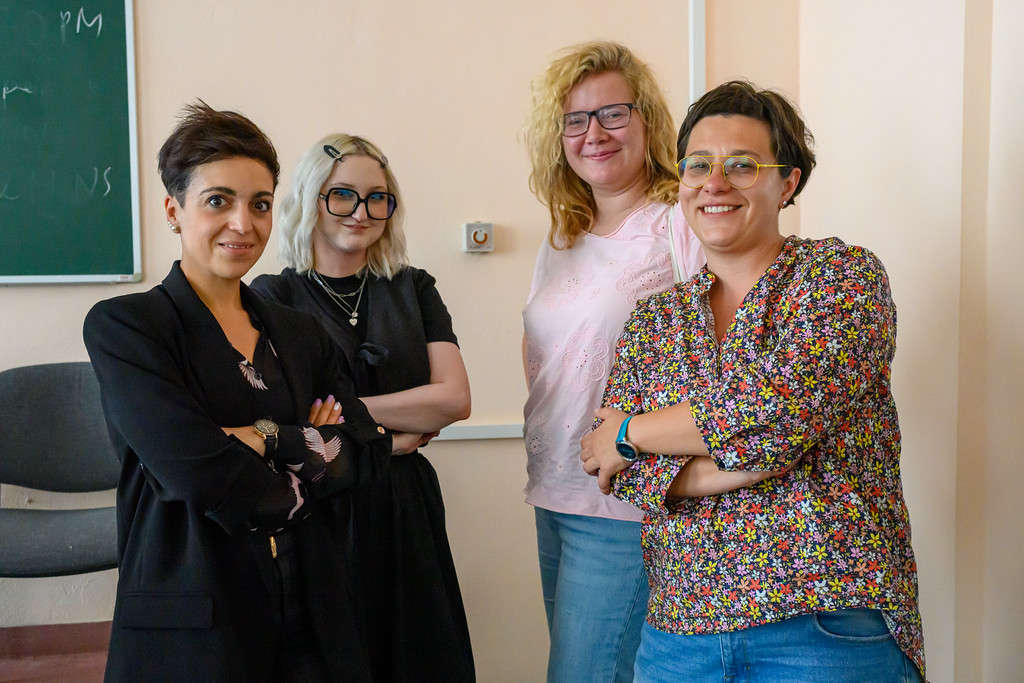
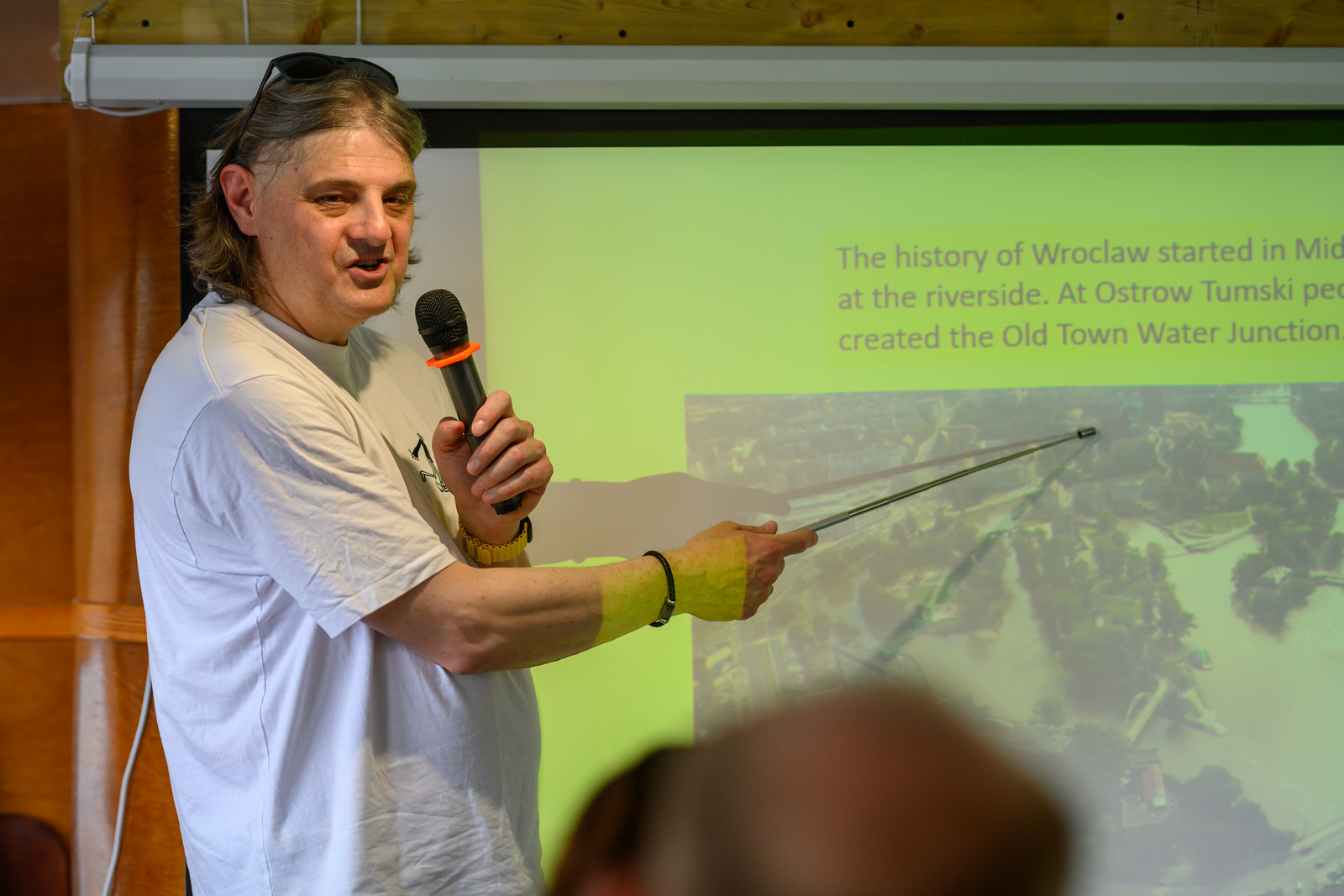
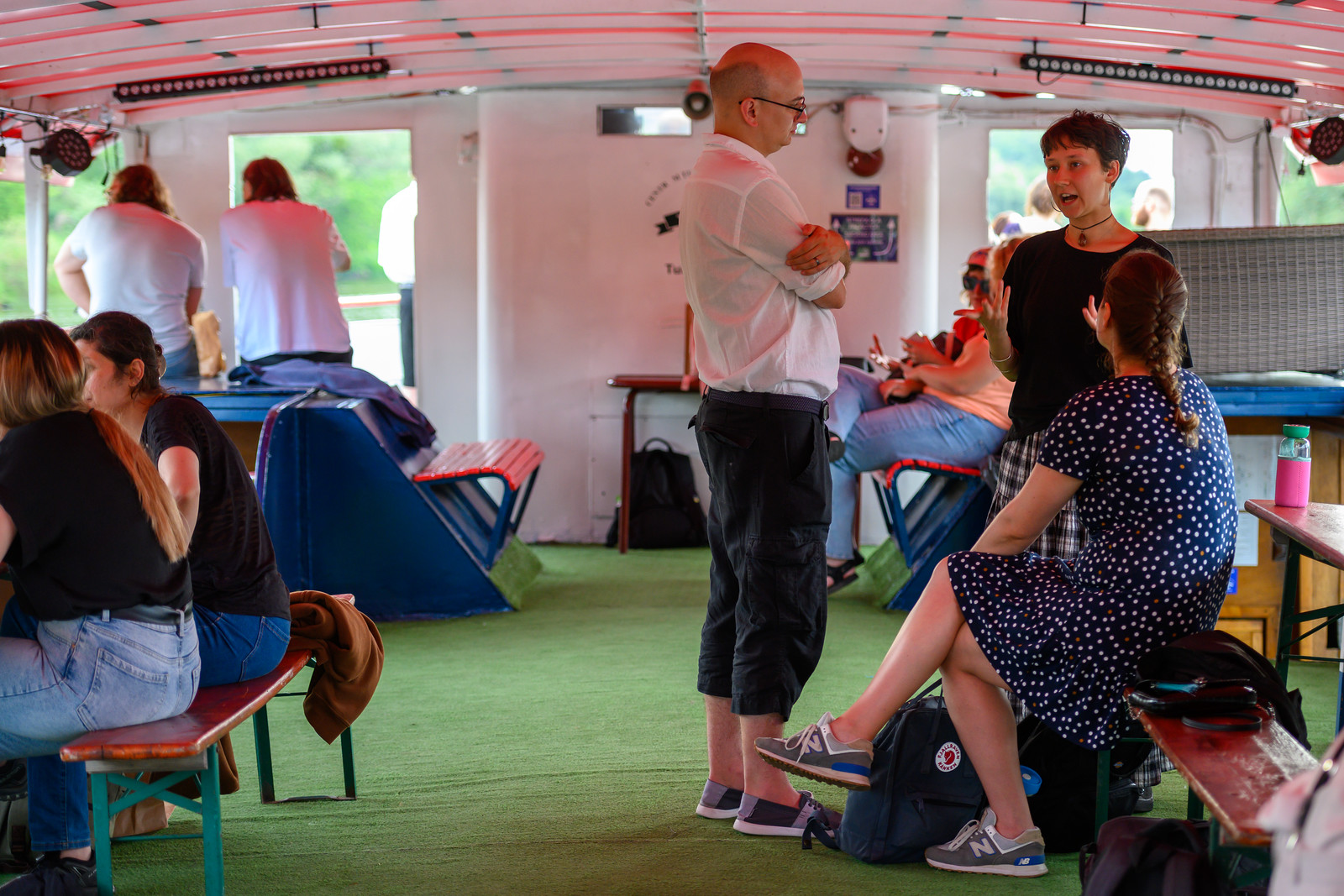
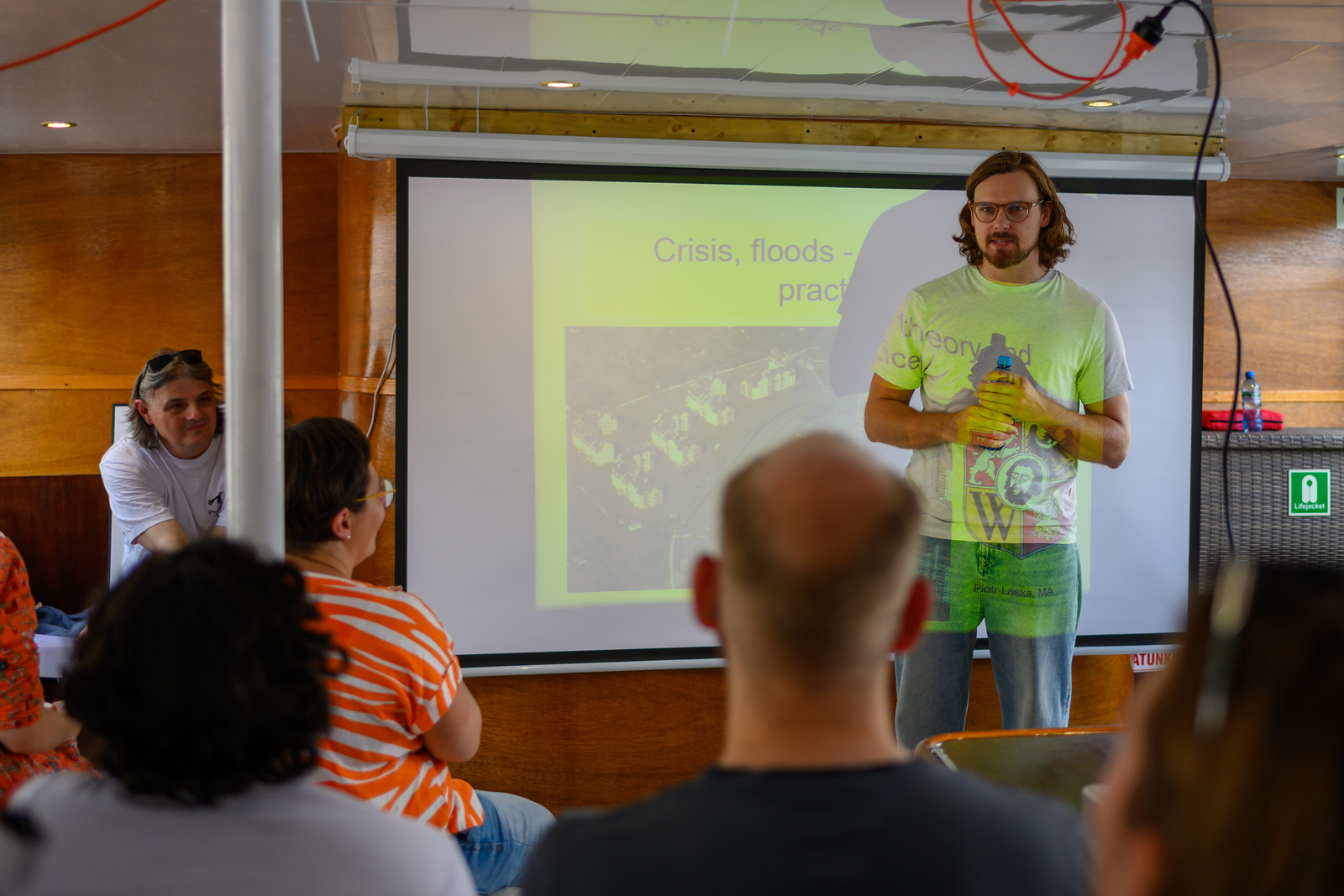
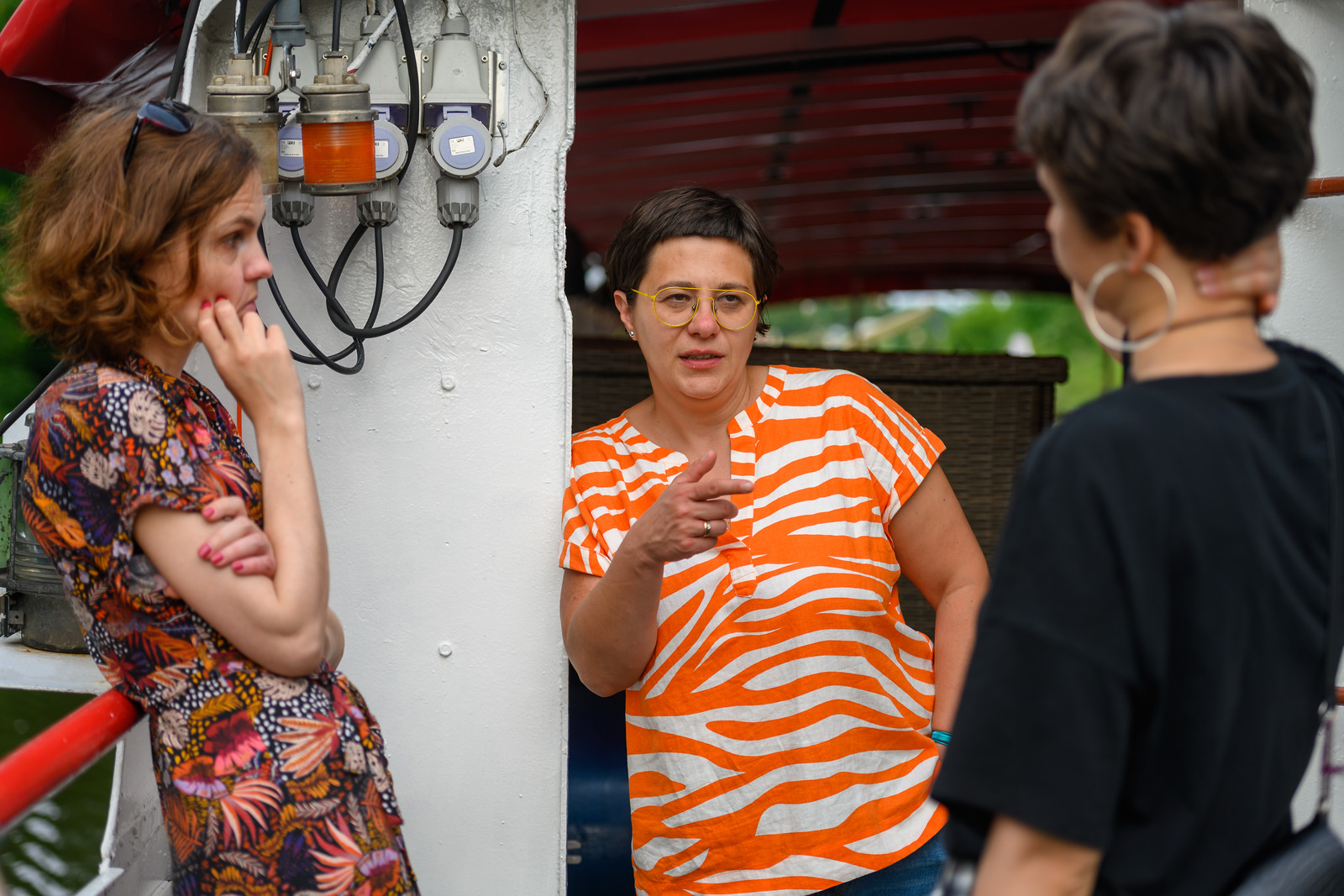
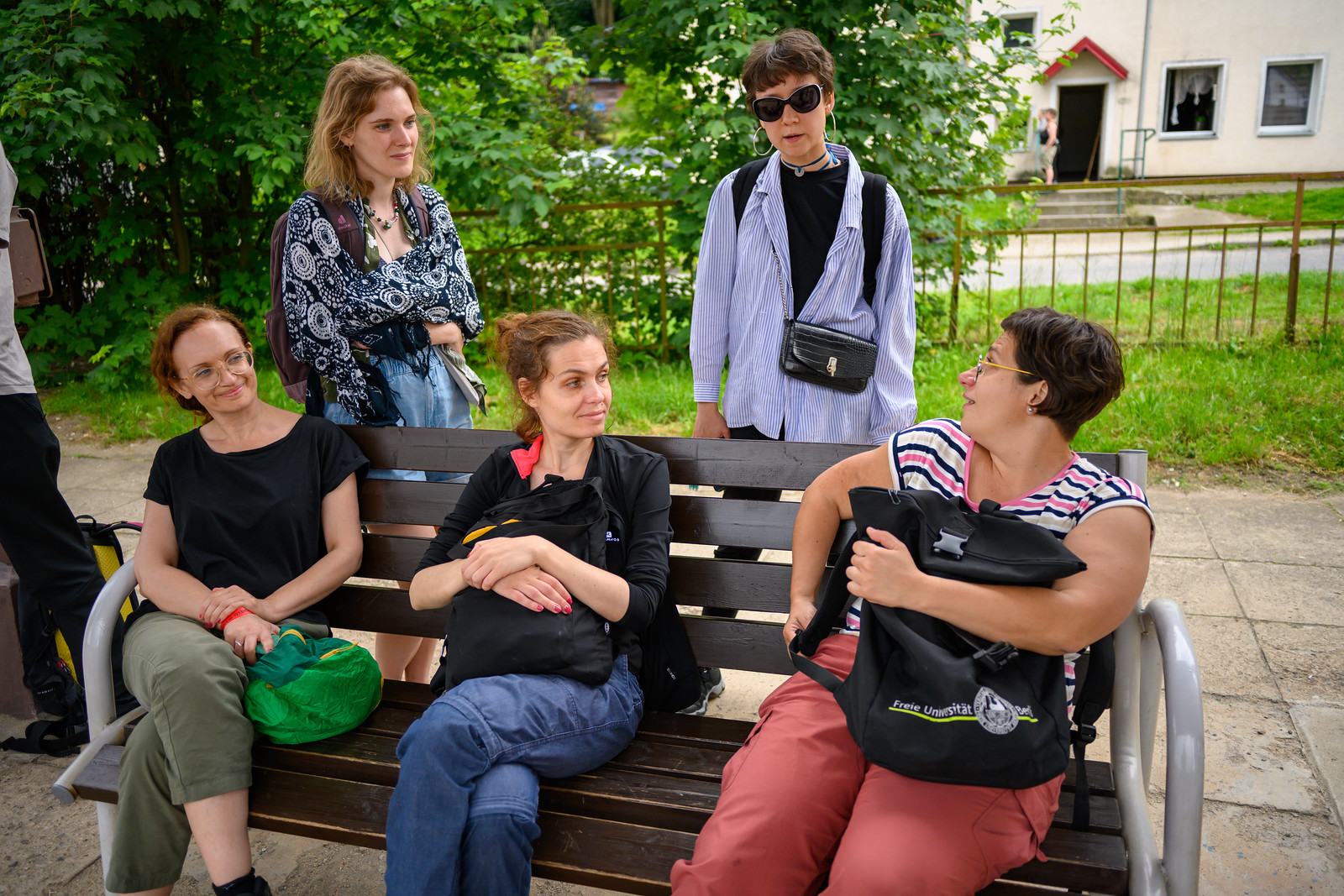
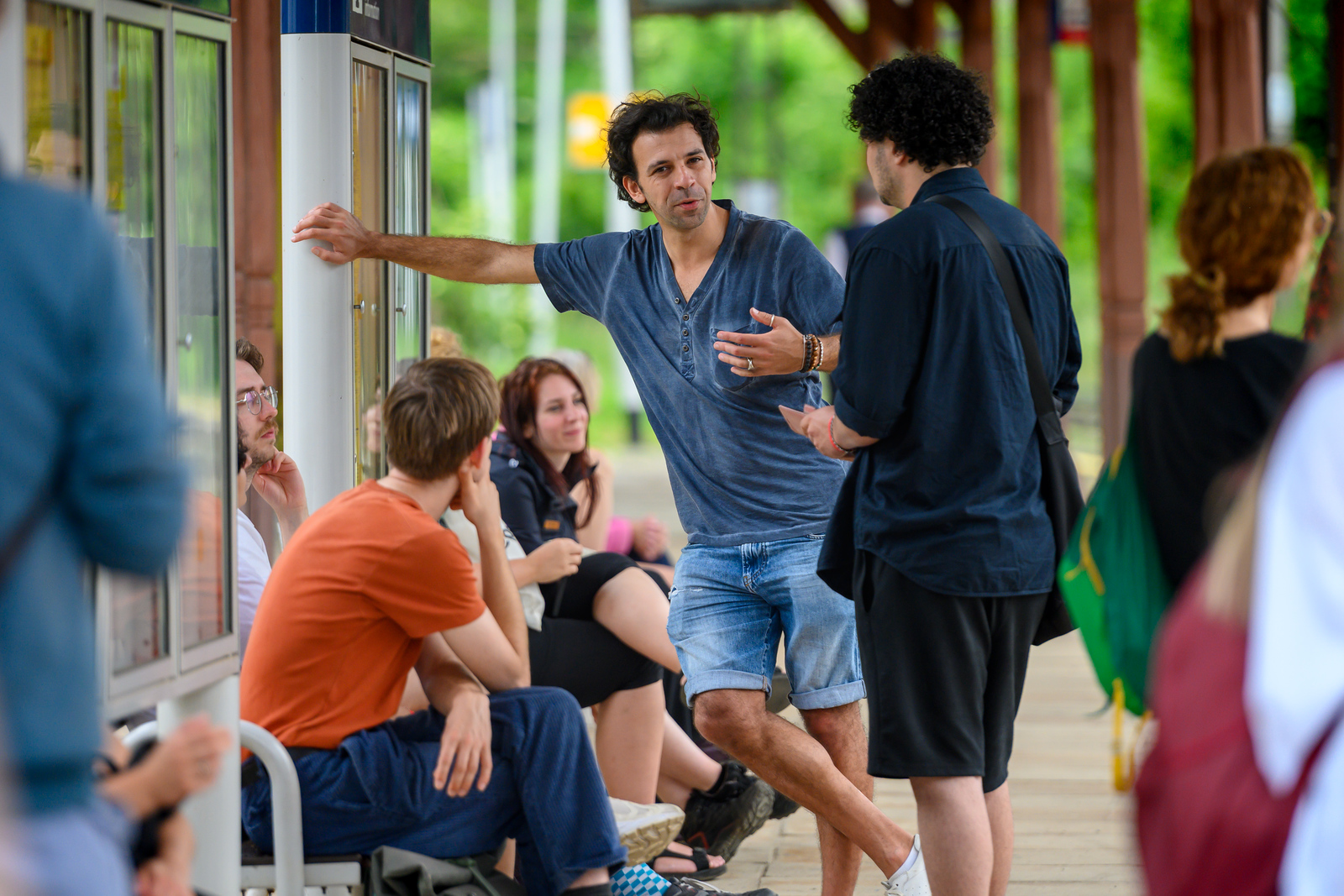
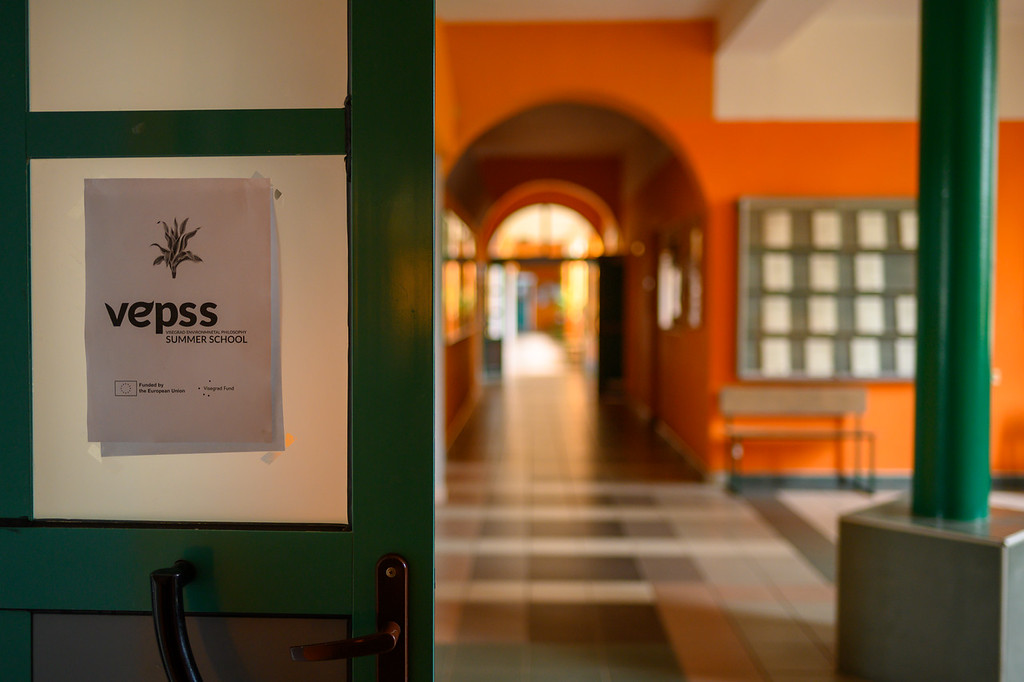
The second edition of the Visegrad Environmental Philosophy Summer School (VEPSS) took place from 1 to 7 June 2025 at the Institute of Philosophy of the University of Wrocław, Poland. This summer school was co-organized by the Institute of Philosophy (University of Wrocław) and the Center for Environmental and Technology Ethics–Prague (CETE-P), based at the Czech Academy of Sciences. Partner institutions included the University of Pardubice, Charles University and the Slovak Academy of Sciences.
The 2025 edition welcomed 47 participants from 24 institutions across Europe, including universities from Austria, the Netherlands, Norway, Spain, the UK, and several Central and Eastern European countries (University of Pardubice, University of Vienna, Masaryk University, Charles University and University of Wrocław).
This year’s overarching theme was water, explored through a variety of moral, political, emotional, linguistic, and aesthetic lenses. The academic program included lectures, workshops, and seminars on topics such as ecofeminism, geoethics, biomimicry, climate fiction, environmental citizenship, and posthumanist approaches to river management. Sessions examined concepts like compassion toward non-human beings, the aesthetics of disaster, the emotional significance of hope, and how language emerges from our environment.
The summer school featured two core seminar series. Benjamin Hale (University of Colorado) led a three-part class entitled "Indeterminacy and Outcome in Environmental Interventions", focusing on uncertainty in environmental action and responsibility. Nicole Seymour (California State University, Fullerton) delivered another three-part series, "High and Dry: Climate Fictions of Flooding and Droughts", analyzing speculative and literary narratives related to water crises. In addition to these key sessions, twelve guest speakers presented their research across various afternoon panels.
Among them were Karel Stibral (Masaryk University), Leonie Bossert (University of Vienna), Anna Mravcová (Slovak Academy of Sciences), Ondřej Beran, Antony Fredriksson, and David Rosen (all from University of Pardubice), Marianna Szczygielska (Czech Academy of Sciences), Anna Barcz (Polish Academy of Sciences), Özge Yaka (Freie Universität Berlin), Vojtěch Svěrák and Julita Skotarska (CETE-P / Charles University), Friderike Spang (CETE-P), and Maria Cristina Vendra (Jan Evangelista Purkyně University).
The week also included several dynamic and immersive activities. On Tuesday evening, a poster session was held during a shared pizza dinner, allowing students to present their individual research projects in an informal and engaging setting. On Wednesday, participants embarked on a three-hour river cruise along the Oder River to explore the environmental challenges faced by the city of Wrocław, which is highly vulnerable to climate-related catastrophes. The cruise included a lecture by Piotr Laska, head of the crisis management team during the September 2024 flood in Wrocław. On Thursday, the group visited the nearby town of Bardo, an area affected by past flooding. Participants engaged in two different hiking routes, followed by reflective discussions on the multisensory dimensions of environmental experience and vulnerability.
The final day was dedicated to group projects, which participants had been working on throughout the week. They were tasked with developing arguments around a bill proposing to grant legal personhood to a river. (It is an actual civic legislative proposal that garnered necessary support and has been submitted to the Polish parliament, concerning Odra river.) Divided into stakeholder groups - citizens, business representatives, government officials, and the river itself — participants presented their perspectives in creative, often performative ways. This session highlighted the students' ability to synthesize philosophical reflection with practical and imaginative approaches.
Overall, the 2025 VEPSS offered an intellectually rich, emotionally engaging, and socially vibrant platform for reflection on environmental issues through the lens of water. The combination of rigorous academic content, outdoor activities, and collaborative exchanges made it a unique and memorable experience for all involved.
The event was supported by the Erasmus+ Blended Intensive Programme (BIP) and co-financed by the governments of Czechia, Hungary, Poland, and Slovakia through the International Visegrad Fund, which aims to foster sustainable regional cooperation in Central Europe.
Photo: Benjamin Slater Hale

•• All News
Celetná 988/38
Prague 1
Czech Republic
This project receives funding from the Horizon EU Framework Programme under Grant Agreement No. 101086898.